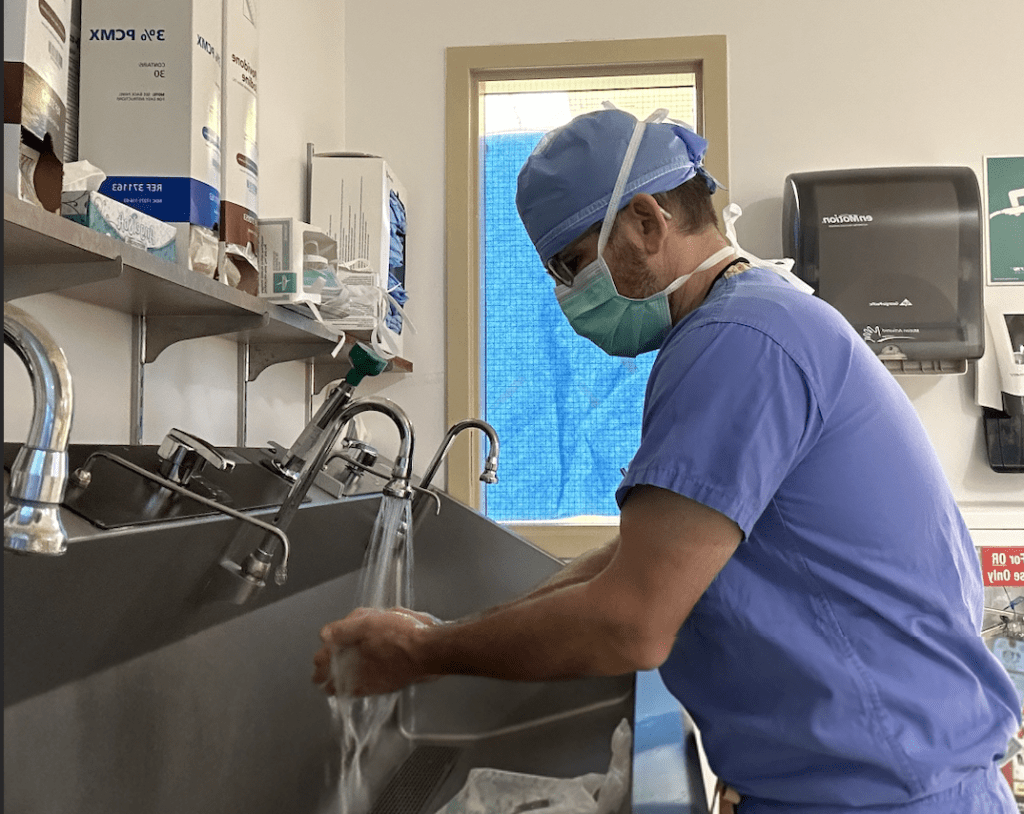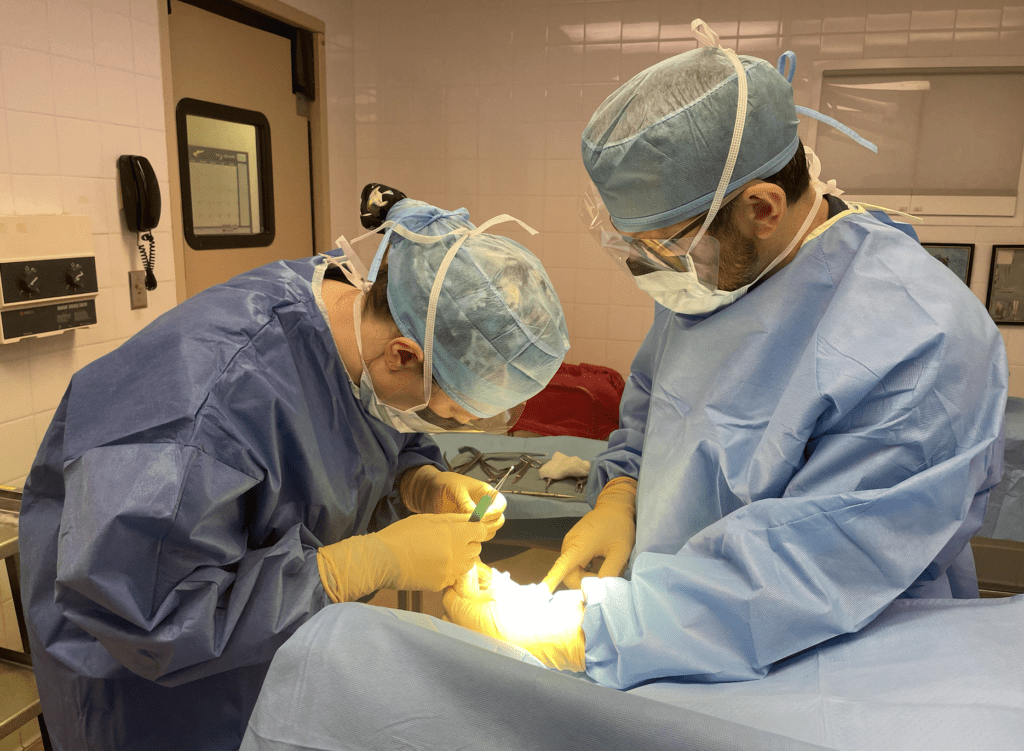Performing surgery is a complex and demanding task that requires meticulous preparation and attention to detail. Whether you’re a seasoned surgeon or a resident/student preparing for your first case, thorough preparation for surgery is essential for a successful outcome. I will never take for granted the trust patients place in me to perform their surgical cases, and preparation is key to optimizing outcomes.
“Failing to prepare is preparing to fail”
Benjamin Franklin
Review the Patient’s Medical History
Before heading into the operating room, it’s crucial to have a comprehensive understanding of the patient’s medical history. This includes any pre-existing conditions, allergies, previous surgeries, and medications they are currently taking. Understanding the patient’s baseline health status will help you anticipate potential complications and tailor your approach accordingly. I will routinely assess the following preoperatively:
-
- DVT Risk – Well’s criteria
-
- Cardiac Risk – Revised Cardiac Risk Index
-
- Infection risk (SCIP protocol)
-
- Current medications – whether to continue or discontinue prior to surgery
-
- Prior surgical procedures/complications from anesthesia
-
- History of smoking (pack-years and when the patient quit), alcohol intake, recreational drugs, and supplements taken
-
- History of bleeding problems (is the patient taking a blood thinner?)
-
- Past medical history
Familiarize Yourself with the Procedure
Even if you’ve performed a particular procedure multiple times, it’s important to review the steps and techniques involved. This will help refresh your memory and ensure you’re up-to-date with any recent advancements or changes in best practices. Additionally, consider consulting relevant textbooks, journals, or surgical videos for a comprehensive refresher. It is best to go into a case with plan A, plan B, and plan C. For example, it is helpful to have knowledge of how to achieve stable fixation of a fusion site with screws, plates, k-wires, or any other fixation option relative to the case. Putting in the ‘reps’ in the practice lab will pay dividends when you reach the operating room.
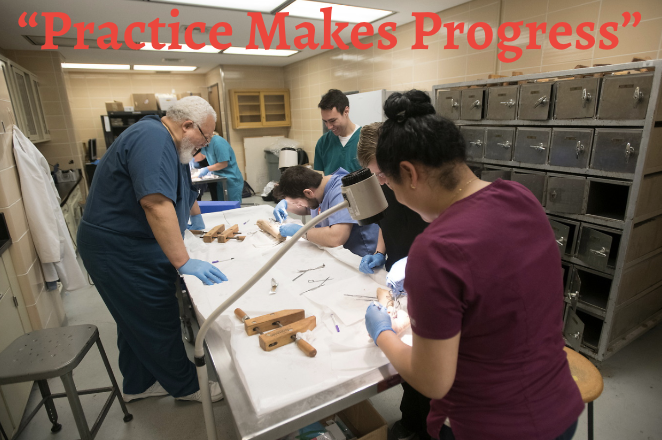

Prepare the Operating Room
Arrive early to allow ample time for setting up the operating room. This includes arranging the surgical table, positioning lights and monitors, and ensuring all necessary equipment is in the operating room and functioning properly. https://lelandjaffedpm.com/tiktok
Communicate Effectively with the Team
Clear and effective communication is crucial in preparing for surgery. Brief the entire surgical team, including nurses, anesthesiologists, and any assisting surgeons, on the planned procedure, anticipated challenges, and any special considerations. Encourage an open dialogue and be receptive to input from team members. Fostering a positive relationship with the OR staff is important for the success and efficiency of your case. Remember that you all have a common goal which is a successful and safe outcome for your patient.


Review Anesthesia and Pain Management Plans
Coordinate with the anesthesiologist to ensure that the patient is appropriately sedated and positioned for the procedure. Discuss any specific concerns regarding anesthesia and pain management.
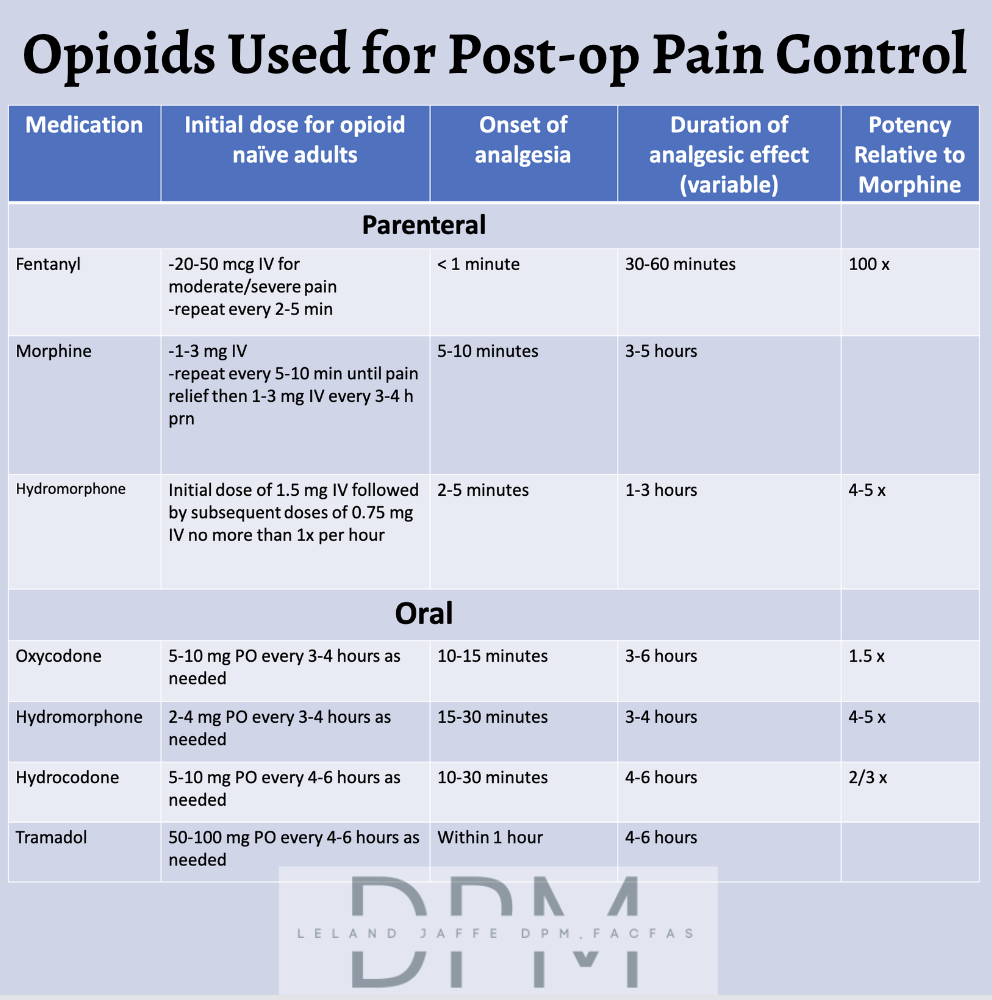

Mentally Prepare Yourself
Take a moment to mentally prepare yourself for the surgery. Visualize the steps of the procedure, anticipate potential complications, and envision a successful outcome. Maintaining a calm and focused mindset is essential for making precise decisions in the operating room. I often find myself visualizing the procedure during the time spent performing your surgical scrub preoperatively- this helps me to create a mental calmness before surgery.
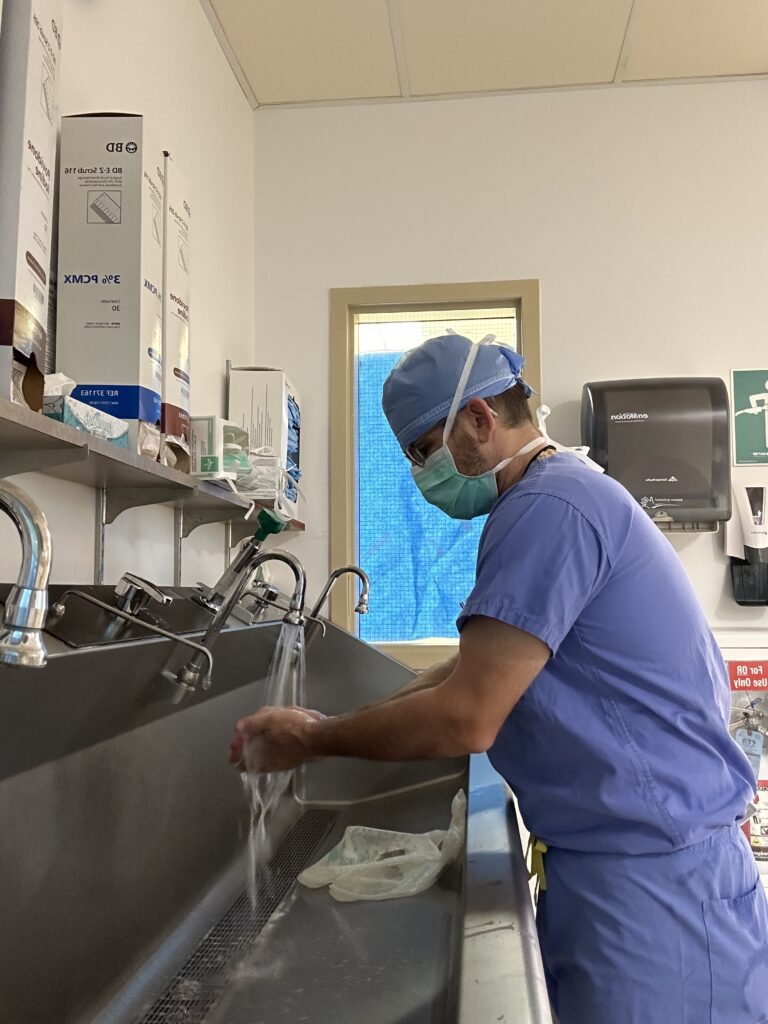

Preparing for Surgery – Conclusion
Proper preparation is the cornerstone of a successful surgical procedure. By meticulously reviewing the patient’s medical history, familiarizing yourself with the procedure, confirming the surgical site, preparing the operating room, communicating effectively with the team, reviewing anesthesia and pain management plans, and mentally preparing yourself, you’ll be well-equipped to navigate the complexities of the operating room with confidence and precision.
Comment below on methods that you utilize to prepare for a successful surgery!
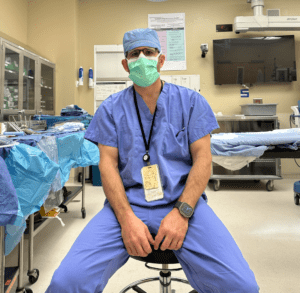

Leland Jaffe DPM, FACFAS
Associate Professor and Dean
Podiatric Foot and Ankle Surgeon
North Chicago, Illinois

